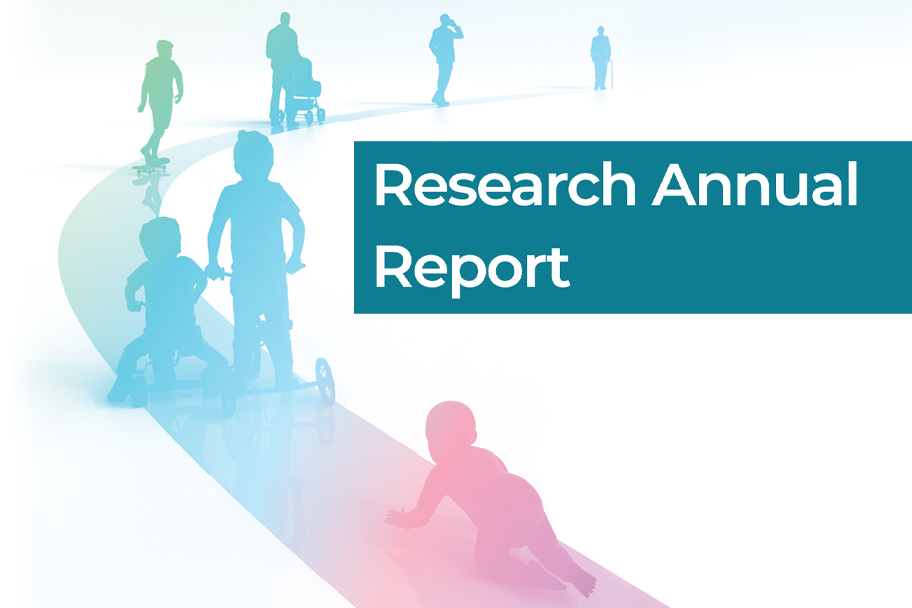Transforming Care and Working to End Heart Disease
The Heart Institute Research program at Cincinnati Children’s is transforming cardiovascular care through groundbreaking studies and clinical trials aimed at making heart disease a thing of the past.
As part of the nationally ranked Heart Institute, every day our research team is discovering new approaches to diagnosing and treating heart disease. Investigators from all three of our divisions—Molecular Cardiovascular Biology, Cardiology and Cardiothoracic Surgery—are identifying the origins of cardiovascular pathology and using those findings to improve patient care and stop disease progression.
This comprehensive strategy—combined with deep collaboration and dedication—allows us to quickly and effectively bring our breakthrough findings from the lab to the clinic and operating room, where our clinicians put them into practice.
Our Research
Through a combination of basic, clinical, translational and outcomes research, we’re discovering the root causes of congenital and acquired heart problems and how best to treat and prevent them.
Our work spans multiple clinical and scientific domains, including cardiomyopathy, heart failure and transplant, ventricular assist devices (VADs), cardiac intensive care, neurodevelopment, congenital heart disease, muscular dystrophy, arrhythmia, valve malformation and disease and adult congenital heart disease. Our integrative approach focuses on three disciplines:





